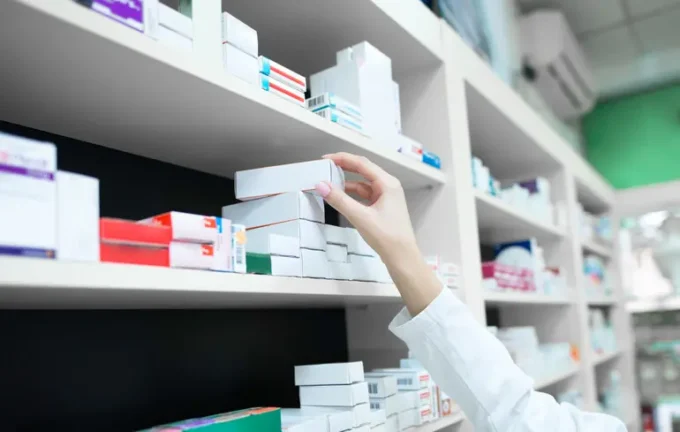A New Era in Ukrainian Pharmaceutical Regulation: Launch of an Independent Control Agency and Its Potential Impact

Ensuring the safety and high quality of medicinal products remains one of the top priorities in Ukraine’s modern pharmaceutical landscape.
In a context where wartime restrictions have made monitoring drug quality more challenging, the idea of establishing a comprehensive, independent authority capable of centrally regulating the entire cycle of medical product circulation has gained significant traction.
Such an organization will not only help reduce the prevalence of falsified medicines but also bolster international trust in Ukraine's pharmaceutical sector.
The concept of this new State Control Body (SCB) has received robust government support and interest from leading global regulators.
It is envisioned as the sole regulator overseeing manufacturing, importation, and sale of medicines, medical devices, cosmetics, narcotic substances, and other health-related materials.
Deputy Minister of Health Marina Slobodnichenko emphasizes that this initiative is crucial for enhancing the efficiency and transparency of the control system.
Instead of multiple agencies with overlapping functions, the new SCB will unify responsibilities related to regulation, certification, and licensing within a single, independent entity responsible for the full lifecycle of medicinal products—from production and import to pharmacy sale.
Furthermore, it will implement modern digital solutions for drug registration, quality control, and pharmacovigilance, facilitating integration with European systems like EudraVigilance.
This connectivity will allow Ukraine to access EU databases, which is vital for monitoring drug safety and ensuring compliance with international standards.
A key focus of the new agency will be combating the surge of falsified medicines, which has increased dramatically during wartime and supply chain restrictions.
In 2024, Ukraine’s authorities reportedly blocked over 30,000 falsified drug cases, with the number of products banned rising 2.7 times compared to the previous year.
This underscores the urgent need for reinforced oversight.
Additionally, the establishment of the SCB will strengthen regulatory ties between Ukraine and the EU, facilitating the import and export of pharmaceuticals.
Currently, Ukraine manufactures and supplies over 30 critical medicines—including various insulins, riluzole, clonazepam, and others—during the COVID-19 pandemic, essential for patient care.
Developing a high-regulation framework will expand international market access, enhance export capacity, and ensure resilient supply chains.
Overall, the implementation of the SCB marks a significant step toward reforming Ukraine’s pharmaceutical system, increasing trust, aligning with international standards, and elevating patient safety.

